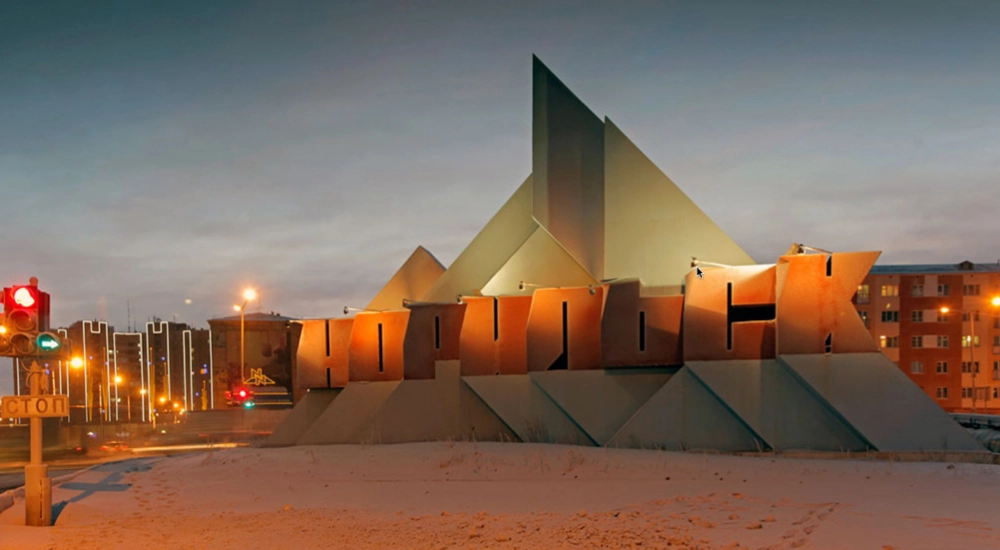Stocks in nickel and uranium producers gained this week when Russian President Vladimir Putin floated the idea of limiting metals exports, refueling geopolitics as a top risk, mining analysts said.
Shares in uranium producer Cameco (TSX: CCO; NYSE: CCJ) gained 7.4% to $55.33 on Thursday after Putin’s comments to minister’s the previous day that Russia should consider retaliating against Western sanctions. Nickel miners Vale (NYSE: VALE) gained 3.7% to US$58.11, and BHP (LSE: BHP; NYSE: BHP; ASX: BHP) rose 3% to US$53.68 in New York.
“Russia may now decide that they will put certain countries on their favourites list,” Theo Yameogo, Americas metals and mining leader for EY, said by phone. “It won’t be any different than us telling China that they cannot invest in Canada, but we can take money from other people. I think we may get into a polarized world with this movement.”
Putin’s televised comments come less than a week after China said it was starting an anti-dumping investigation into its imports of Canadian canola following Ottawa’s imposition of 100% tariffs on Chinese electric vehicles. Countries are ratcheting up funding for critical minerals and limiting investments from the former communist superpowers to challenge their stronghold on most mining and processing as the world transitions away from fossil fuels.
Resource nationalism?
While the global moves to secure mineral supplies are often described as resource nationalism, the West’s efforts don’t really fit that title, Yameogo says. He noted Ottawa has blocked Chinese investment in Canada-based miners but hasn’t raised any national security issues with South Africa’s Gold Fields (NYSE: GFI; JSE: GFI) offering $2.1-billion last month to buy Osisko Mining (TSX: OSK) and its Windfall project in Quebec.
“You know, nobody said it was a bad thing, but if any of the Chinese companies was to do it then it’s different,” the analyst told The Northern Miner from a conference in Brazil. “It’s not really nationalism. It’s some sort of a preferred protectionism that is going on.”
BMO Capital Markets says Putin’s talk is “a shot across the bows of importing countries,” fueling tensions that may reheat government financing for critical minerals.
“The whole discussion around export restrictions does once again point to the fact that commodities are likely to be a front-line battleground in the trade war,” BMO commodities research director Colin Hamilton wrote in a note. “(It) continues to develop amid global geopolitical segmentation, and may reaccelerate government-sponsored interest in securing material supply chains.”
Uranium
Russia controls 44% of global uranium enrichment to nuclear fuel. Any new restrictions on the trade besides the United States ban on imports due to take effect in 2027 could impact wider industry sentiment, Hamilton said.
“While new contracts for Russian material into the U.S. are prohibited, existing contracts have been grandfathered and while utilities hold large stockpiles this situation may result in a reacceleration in contracting,” he said. “However, concerns over securing fuel may slow down future expectations for the nuclear industry as a whole.”
EY’s Yameogo noted more than 60% of the uranium trade, especially for utilities, is in long-term contracts outside of the spot market price. It upticked less than US$1 per lb. this week to US$80.50, having slid from US$107 in February.
“The processing is still good on this side, provided that people are going to ask that Cameco will increase more production from the Ontario sites,” he said. “Even when Russia says ‘we’re going to restrict uranium,’ they’re restricting the portion that is in the open market.”
William Freebairn at S&P Global Commodity Insights said Russia halting enriched uranium supplies could be a challenge, but noted a U.S. pledge to increase output and plans by France’s Orano to build a plant in Tennessee.
“These moves would soften the impact of any Russian cut-off,” Freebairn said by email. “Eastern European utilities are weaning themselves from Russian nuclear fuel as well. Nuclear industry officials say they will be ready by 2028 when Russian enriched uranium stops flowing to the U.S.”
Nickel
Mark Ferguson, S&P Global Commodity Insights research director for metals and mining, downplayed the impact of any Russian export cuts on the nickel market. The country is expected to account for 3.2% or 116,000 tonnes of global primary nickel production this year; it had 14.2% of global class one nickel in 2023, trailing only China. Russia accounted for just 0.68% of U.S. refined class one nickel imports last year.
“Taken as a whole, any impacts to nickel trade flows from a Russian export ban would likely be negligible,” he said by email. “Although it could provide upside support for prices in the near-term.”
The price of nickel increased 2% to US$7.29 per lb. on Thursday. S&P and BMO noted that most of Russia’s exports head to China, which Moscow is unlikely to limit.
“However, certain developed world stainless steel producers are likely to feel nervous,” Hamilton said.


Be the first to comment on "Putin’s exports threat lifts uranium, nickel producers"